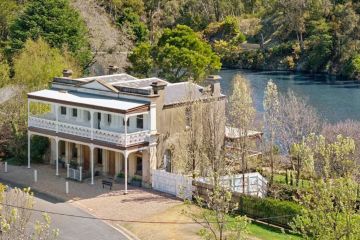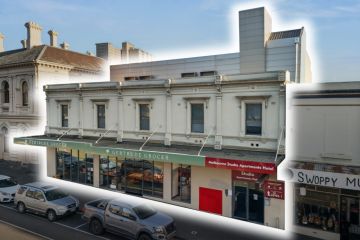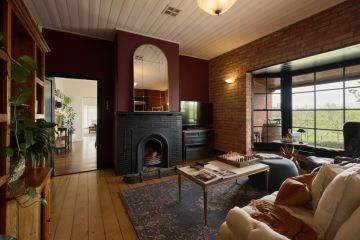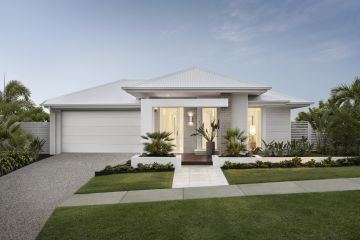Scottish island where Lachlan Macquarie was born may be bought by locals for $8m
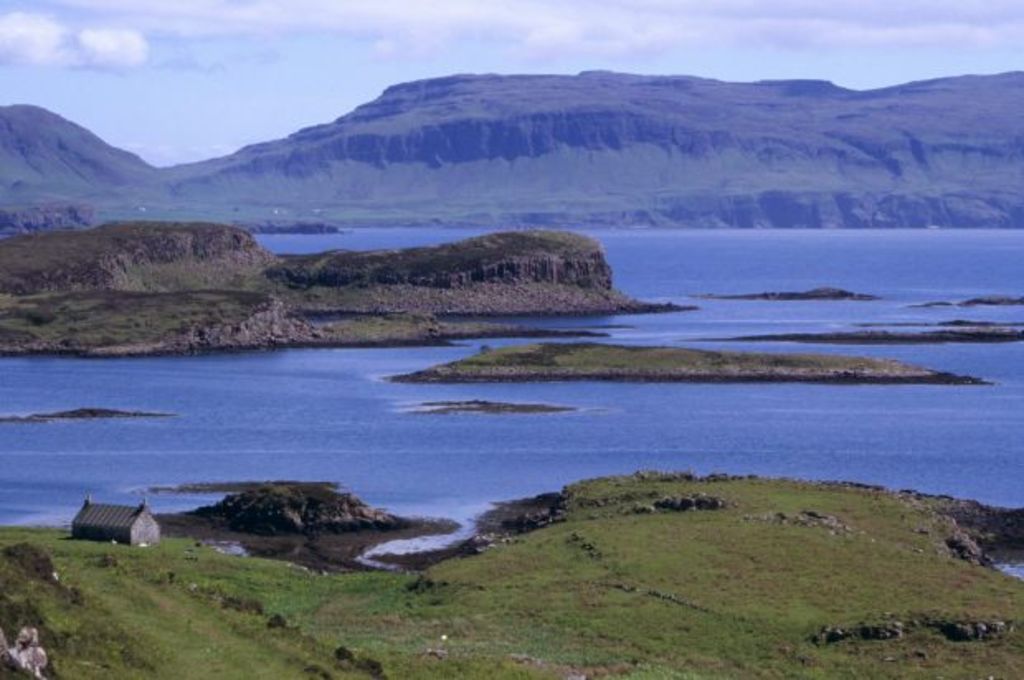
The tiny Scottish island where Lachlan Macquarie, one of the founders of modern Australia, was born could soon be bought by local residents after a private $8 million sale was dramatically halted by the Scottish government.
With a population of just five people, barren and windswept Ulva, which sits in the Inner Hebrides in the Atlantic Ocean off the north-west coast of Scotland, was put up for sale in June 2017 by the owner Jamie Howard whose family has held the deeds for 70 years.
But now, more than 250 years since Macquarie’s birth, locals from the much more developed island of Mull that lies between the mainland and Ulva have been given a grant of $8 million (£4.4 million) by the Scottish government so they can begin negotiations to buy Ulva themselves.
“This is a fabulous development,” said Robin Walsh, an Australian expert on Macquarie, the man who first named Australia while its longest-serving governor from 1809 to 1821.
“I really do think this is an excellent idea, given the diaspora from the island that went on from Macquarie’s time.
“Macquarie always felt a strong pull back to there and wanted to buy back his ancestral lands, but his brother Charles always felt strongly against it.”
Macquarie, born on Ulva in 1761, left aged 14 with his family to settle on neighbouring Mull, and later bought land there, intending to live on it after his time in Australia.
His wife, Elizabeth Macquarie, moved to Mull and started renovating the dilapidated property he’d bought, when he was taken sick, and died, in London.
- Related: Islands that cost less than a home
- Related: QLD islands for sale
- Related: Scottish island cheaper than Sydney house
The couple are now both buried in a mausoleum on Mull, at a site maintained by the National Trust of Australia.
Now Colin Morrison, the chairman of the North West Mull Community Woodland Company that has been awarded the grant to buy Ulva, says local residents are determined to develop Ulva, renovating existing buildings to attract more people to live there, and to visit the island.
“We aim to have 20 or more people living on Ulva within two or three years, rising to as many as 50 or more in time as new houses are built,” he said.
“Social and economic development of Ulva will bring benefits to the neighbouring communities on Mull. Schools, shops, local services and industry will all receive a boost from the increased population and also from the increased number of visitors we are confident we shall see once accommodation and facilities are provided for them on the island.”
Macquarie’s birthplace at Ormaig could well be one of the areas that are smartened up. Local Scottish historian Fiona Marsden describes it as a place where “roofless cottages survive among sparse fields and travellers crossing the island were dismayed at the poverty they found there”.
It is likely that the cemetery at Kilvickewen could also be renovated, where Macquarie’s father, also Lachlan, is buried along with his two brothers who died as small children, and his brother Charles.
“Work on the cemetery would certainly encourage more visitors,” says Mr Walsh, who has a new exhibition on the links between Macquarie’s Australia and India at Old Government House in Parramatta opening on April 27.
“At the moment it’s derelict with very few surviving gravestones. It’s a very barren place, apart from the side that’s sheltered that faces Mull. It’s exposed to the Atlantic but benefits from the Gulf Stream washing the shores, which has kept the kelp industry going.”
We recommend
We thought you might like
States
Capital Cities
Capital Cities - Rentals
Popular Areas
Allhomes
More
